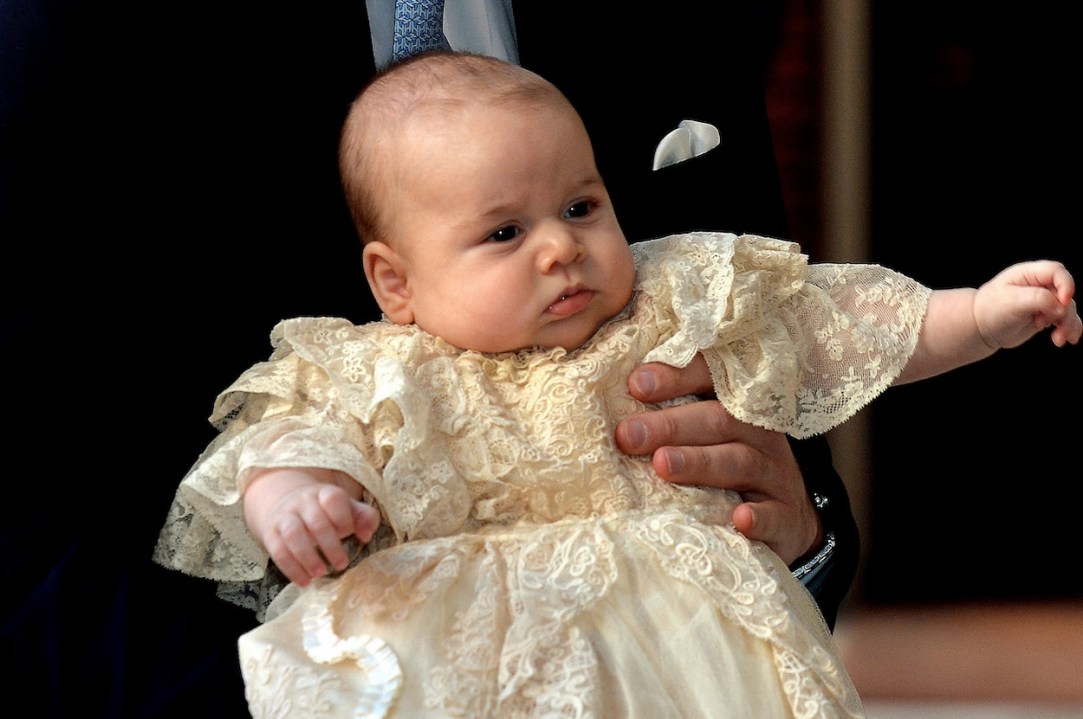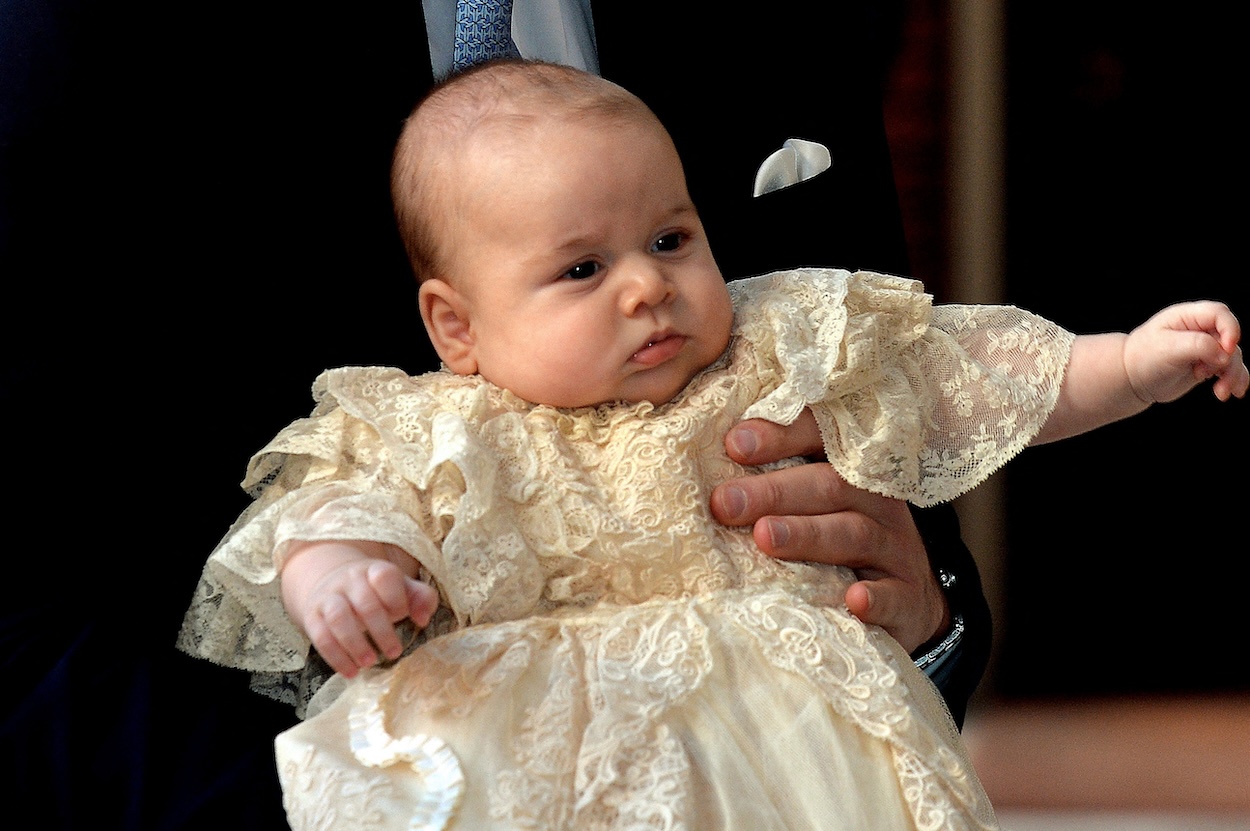I realised that the whole thing had become absurd when I was squeezed in by a female vicar for photos around the font of an Anglican church. There we were, all six godparents grinning back at the camera as the baby was held aloft (screaming) by its proud parents. But out of the six godparents assembled, only two of us had been baptised and confirmed in the Christian faith, leaving four godparents out. Not really godparents at all, then.
Witnesses or mentors perhaps, but not godparents. In our increasingly secular age, the distinction bears recognising. If you don’t believe in God, this isn’t going to work. You can be lots of other things to the child: present-buyer-in-chief, jolly playmate, lunch companion at Daphne’s or similar, purveyor of the first cigarette/joint/vape, but you can’t be a godparent.
Canon law of the Church of England states that three godparents of the child should, ideally, be baptised and confirmed. There are good reasons for this: confirmation completes baptism and godparents are, notionally at least, sharing their baptismal faith with the child being baptised. Sadly, as with most things in the Church of England, the rules have been relaxed at the altar of inclusivity; heaven forbid anyone should be left out.
As such, the baptism application form now states that ‘the requirement of confirmation can be relaxed in certain cases’. Given that baptism numbers in the Church of England are falling year on year – from 266,000 in 1980 to 140,000 in 2011 – perhaps it doesn’t matter. Welcome to the age of secular godparenthood, where the idea of religious commitment has fallen by the wayside. These days, parents choose their friends to be the child’s godparents in recognition of their mutual social link; they want the chosen chum (normally a school friend) to keep a friendly eye on the child and perhaps, somewhere down the line, secure said child an internship somewhere.
But before the internship and before the boozy lunches, there must be presents. And a lot of them. Most C and E (Christmas and Easter) cultural Christians want to have their child baptised for woolly reasons of tradition, ‘Mummy wants it,’ justifications and photos. They also want their child to get some top presents and for there to be a proper knees-up after the service. On presents, godparents are expected to buy a fairly pricey christening offering (rattle from Cassandra Goad, Smythson passport holder etc.), remember the child’s birthday for at least 18 years and do Christmas presents for the first ten to 15 years.
Most godparents start off well on the present front before falling off altogether. Given that bachelors and unmarried women are generally seen as the best bet in the godparent economy due to their unfettered time and income, the start of their godparent career is normally impressive: appearances at birthday parties, punctual present giving, solicitous text messages. Give it a few years though, when the unmarried acquire children and crises of their own and the whole edifice starts to crumble somewhat. One former bachelor godfather I knew tried to send his godson a teddy for his birthday before being informed that said godson was now working on the Stock Exchange.
Out of the six godparents assembled, only two of us had been baptised and confirmed in the Christian faith
In short, parents must choose carefully. Hugh Grosvenor, the Duke of Westminster and godfather to both Prince George and Prince Archie, was obviously an excellent choice for both the Cambridge and the Sussex children, but whether he can bear an acid reunion of the Brothers Grimm at his own daughter’s christening is another matter. But in the absence of any billionaire friends, most parents tend to hedge and ask up to six friends to be godparents.
The subsequent effect at the christening itself is of a jolly school or university reunion rather than a sacramental rite. For men choosing the godfathers, I have noticed that the assembled chaps tend to hail from the childhood past: prep school friends or even close relations such as brothers will do. Mothers, on the other hand, having accrued (and kept) a wider spread of friends in the present, often choose godmothers from the relative foothills of friendship, certain in the knowledge that no woman is likely to disappear into thin air come the child’s ninth birthday party. Secular godparenthood, with its WhatsApp messages and DPD delivery times, may not ask you to take on your godchild in the event of their parents’ death, but it will require presence (and presents).
I look back at the photo of the aforementioned christening as I write this. The new parents look rather shell-shocked as all first-timers might, the baby screams as is expected, and one nominated godfather looks as if he might have had a few sharpeners beforehand. Is it a profane scene? I think not. But is it a renunciation of the Devil on behalf of the child? I think not either. Far too many Cassandra Goad bags in the far corner of the photo.








Comments